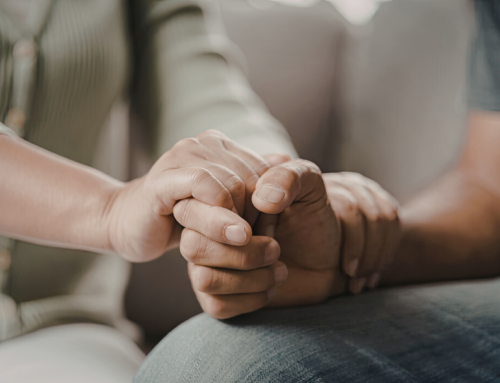
Dialysis and me
My personal philosophy started to form decades ago when I left behind the idea that everything in life should either be a blessing or a curse and realized that life was all about challenges. My love of philosophy led me to realize that life becomes easier when I try to live in the moment every day while making time to plan for tomorrow. When I realized that, I became a Stoic.
Twelve years ago, my kidneys were so bad, I was told by a nephrologist that I should be on a transplant list. As it turned out, I had ten years to get ready. Top of the to-do-list was to keep my kidney function from getting any worse for as long as possible which meant I had to be disciplined, stop eating and drinking certain foods and eating more of others. I got to alter my diet slowly over a year and refine it over several more, unlike some of us who are not so lucky, having only months or less to make the needed changes. Knowing what the probable outcome was, I had chosen home hemodialysis years before I finally had to learn how to operate “Hal” – my dialysis machine – because I found out on the way that home hemodialysis delivers the best quality of life to a patient.
And then the day came. I listened to what I already knew, my kidneys would no longer keep me alive and it would soon be on dialysis. I had not planned for this to happen so soon, I wanted another year but my health was rapidly collapsing and I had little energy to do much of anything but read, ponder philosophy and watch bad day time tv reruns from the ’60’s. At least, I thought, I had a disease where I felt no pain; it could be far worse.
Fortunately I am blessed to have a wife who is capable and strong and with my blessing she took charge and in no time found for me the Transition Care Unite at Humber River Hospital. It was a leader in “ home hemo“, she said. It was also a ten minute drive from home l thought. My wife made the call, booked the appointment while I dealt with my rapidly changing world.
Starting my dialysis journey in a transition care unit
Nurses there gave me the support I needed while I sorted out the real from the surreal of life on dialysis. The nurses tolerated my grumpy days. I often accused them of being miserable, tearing off my bandages with glee, sticking me with huge needles and pushing me to the limit to finish my training, I thought they just wanted to get rid of me. The hardest part for me was accepting the responsibility that home-hemo demands, being so responsible for my life. At home, sometimes alone, six hours a day, three days a week, that’s more than a full time job for a sixty-six year old man who now feels eighty. I didn’t plan for this one, I had to suck it up if they were going to let me go home with “Hal”. It was at times very exhausting.
But the nurses supported me to become self-sufficient and a confident dialysis patient at home. I often visit the nurses at my home clinic, they still give great hugs.
I don’t think that I am qualified to give any advice to the many who are struggling to accept their new physical limitations and the many who are suffering with depression that too often accompanies it. I was lucky that I only lived in a world of confusion, panic and fear, that lasted only for about a month dealing with those most basic of human feelings that remind us we are only human. Having had to deal with other big challenges in life already, I knew that the roller coaster always ends when I accept what’s happening and make the most of it.
That’s what it’s like to be a stoic; sometimes easier said than done.
For those who are reading this, contemplating the new and different life that is unfolding for you now, I hope that your journey will be as easy as possible.
–A patient on home dialysis,
Humber River Health
About the Author
admin
We are a community of nephrology and mental health clinicians, patients, families, and caregivers who are committed to understanding and helping people cope with the psychosocial impact of chronic kidney disease.
Twelve years ago, my kidneys were so bad, I was told by a nephrologist that I should be on a transplant list. As it turned out, I had ten years to get ready.



